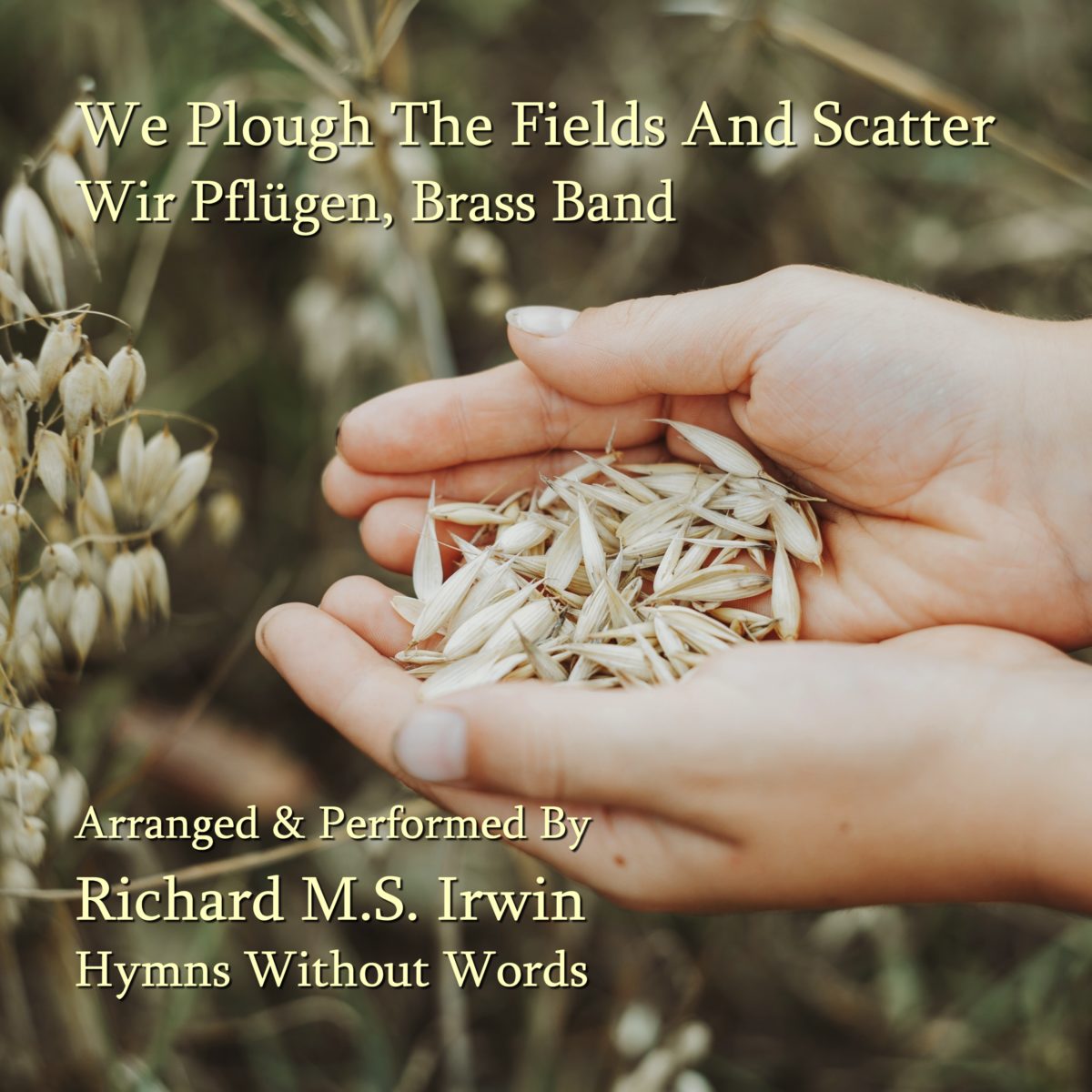We Plough The Fields And Scatter : Recording Tune: Wir Pflügen, composed by Johann Abraham Schulz (1747-1800) and harmonised by
More
No organist? Use our free professional quality MP3 downloads for your church services. No fees.
Matthias Claudius (1740 – 1815) was a German poet, otherwise known by the nom de plume of “Asmus”. Claudius was born at Reinfeld, near Lübeck, and studied at Jena. He spent the greater part of his life in the little town of Wandsbeck, near Hamburg, where he earned his first literary reputation by editing from 1771 to 1775, a newspaper called the Wandsbecker Bote (Wandsbeck Messenger), in which he published a large number of prose essays and poems. They were written in pure and simple German, and appealed to the popular taste; in many there was a vein of extravagant humour or even burlesque, while others were full of quiet meditation and solemn sentiment. In his later days, perhaps through the influence of Klopstock, with whom he had formed an intimate acquaintance, Claudius became strongly pietistic, and the graver side of his nature showed itself. In 1814 he moved to Hamburg, to the house of his son-in-law, the publisher Friedrich Christoph Perthes, where he died on January 21, 1815.
(1740 – 1815) was a German poet, otherwise known by the nom de plume of “Asmus”. Claudius was born at Reinfeld, near Lübeck, and studied at Jena. He spent the greater part of his life in the little town of Wandsbeck, near Hamburg, where he earned his first literary reputation by editing from 1771 to 1775, a newspaper called the Wandsbecker Bote (Wandsbeck Messenger), in which he published a large number of prose essays and poems. They were written in pure and simple German, and appealed to the popular taste; in many there was a vein of extravagant humour or even burlesque, while others were full of quiet meditation and solemn sentiment. In his later days, perhaps through the influence of Klopstock, with whom he had formed an intimate acquaintance, Claudius became strongly pietistic, and the graver side of his nature showed itself. In 1814 he moved to Hamburg, to the house of his son-in-law, the publisher Friedrich Christoph Perthes, where he died on January 21, 1815.
Claudius’s poem Death and the Maiden was used by composer Franz Schubert in 1817 for one of his most celebrated songs, which in turn became the basis for the 1824 string quartet of the same name.

We Plough The Fields And Scatter : Recording Tune: Wir Pflügen, composed by Johann Abraham Schulz (1747-1800) and harmonised by
More